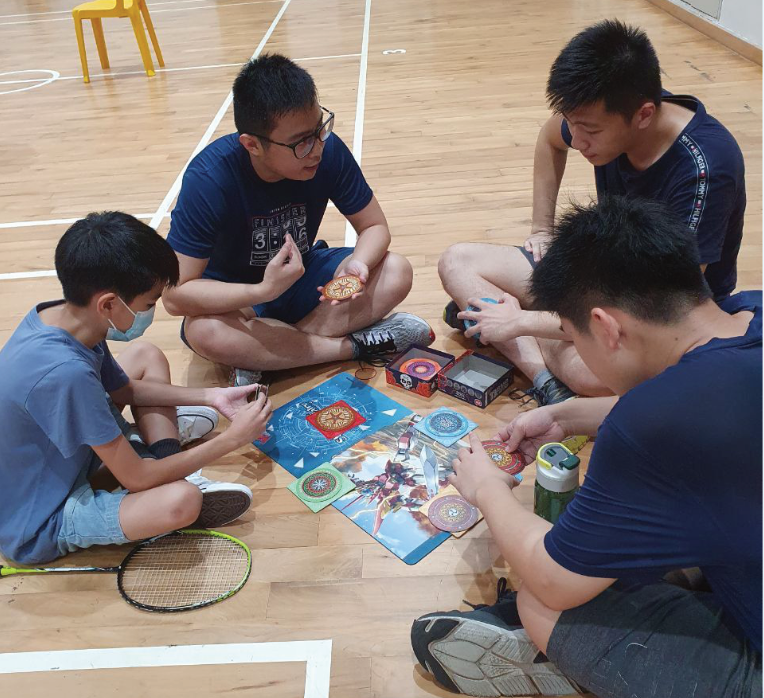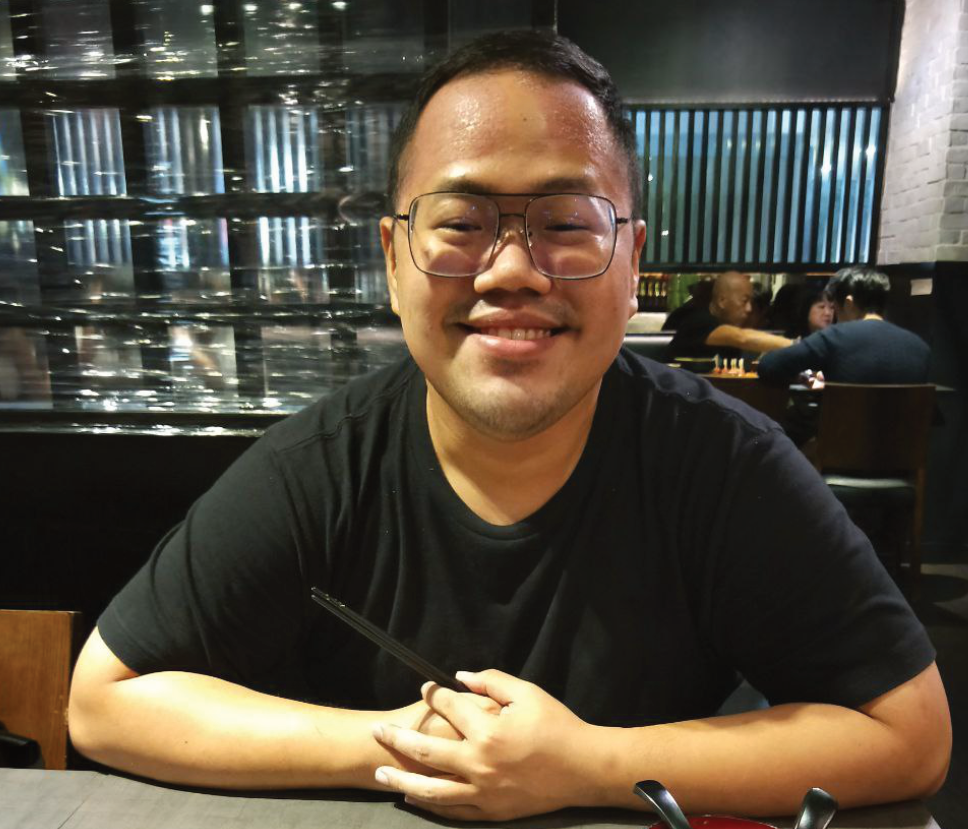By Kimberly Tan
In our last REACH article, “Not A Time To Be Silent”, I interviewed two Christian Gen Zs, Keanne and Jareth, on their evangelism experiences. In this issue, we explore the mindset of non-Christian Gen Zs.
Sarah Koh (Secondary School and Junior College Ministry staff, 4 years) notes social media’s particular effect on youths’ thought life. “They are more exposed to world issues, which makes them seem like they have an opinion on everything. However, they often just absorb such information without thinking through them.”

Zhuo Hong Guo (SJM staff, 7 years) also highlights the direct effect of social media on our outreach. “Students have more information [from social media]. They don’t need Christians to share with them what they believe. They can find it on the net and don’t need anyone to explain to them.”
With the odds stacking up against youth evangelists today, how are my co-workers keeping up with young people for the gospel?

Leon (SJM staff, 2 years) engages young people through Discord, an online social platform, by playing games with them weekly. He now has four to five regulars. “I try to catch up with them before we start playing but not all come online on time. An icebreaker at the start doesn’t always work. To establish rapport, I facilitate different types of online games with them such as Mobile Legends, Jackbox Party (my personal favourite!) and even free browser games like Shell Shockers. I push out a points system based on showing up and participation. They can use these points to exchange for physical rewards. This way, I can meet them, pass them prizes and chat.” This growing familiarity makes it easier for Leon to invite them for SYFC events where deeper conversations about the gospel can take place.
Other than adapting how we engage and befriend youth, Hong Guo and Sarah tweak the way they evangelise. “This generation is different,” Hong Guo shares. “We need to be quicker to hear them out. So even if there is an opportunity to share, I might hold back… (I will) hear from them first, so they know I genuinely want to know them and their views.”
SJM explored using a series of basic worldview questions to converse meaningfully with young people. The questions range from a topic like morality to the meaning of life.

More than a year ago, Sarah befriended a secondary two girl, S, and shared the gospel with her. S responded with interest, saying she believed. However, Sarah had her concerns. “I asked her on multiple occasions if she understood the gospel and she said ‘yes’ but she never seemed to think it through.” Furthermore, she was inconsistent in behaviour. When asked to meet for Bible study, S repeatedly said she was not free. Eventually, Sarah changed her approach and asked S questions about her worldview. That was when it became clear that S’s worldview was totally inconsistent with the gospel and she had not really understood what the gospel meant for her life.
A different way of sharing the gospel opened up for Sarah. “Instead of trying to just explain Christianity first, it may be useful to have a worldview conversation first.” Sarah shared two steps to do so: “First, listen to them. Ask for their opinion: ‘What is your ideal world?’ or ‘What is wrong with the world?’. Second, using their language, share how the gospel answers their deepest cries for a better world.”
In the last quarter of 2022, Hong Guo befriended a student through playing basketball. They chatted and hung out. Eventually, he shared the gospel but it ended awkwardly as the student had to rush off. Later, the student agreed to the questions-tool discussion. As a result, Hong Guo had a good time finding out the student’s worldview.
Worldview conversations are good ways to identify those who are really interested to hear the gospel. For those who are not, Hong Guo will still keep in contact with them. Down the road, he may have other opportunities to talk about Jesus when the young person wants to find out more.
This approach can extend gospel sharing into a long process. Hong Guo shares, “Befriending helps to lead to a deeper conversation. I believe when I build good relationships with young people, they will see me as someone they can open up with about deeper matters. It can be a long journey; but the question is: Am I willing to go the extra mile?”
In this day and age, the call to preach Jesus and Him crucified remains the same. However, the means to do it effectively with young people has evolved. Perhaps, it would do us well to also reflect: Will we go the extra mile to be all things to all men that by all means, some may be saved?

